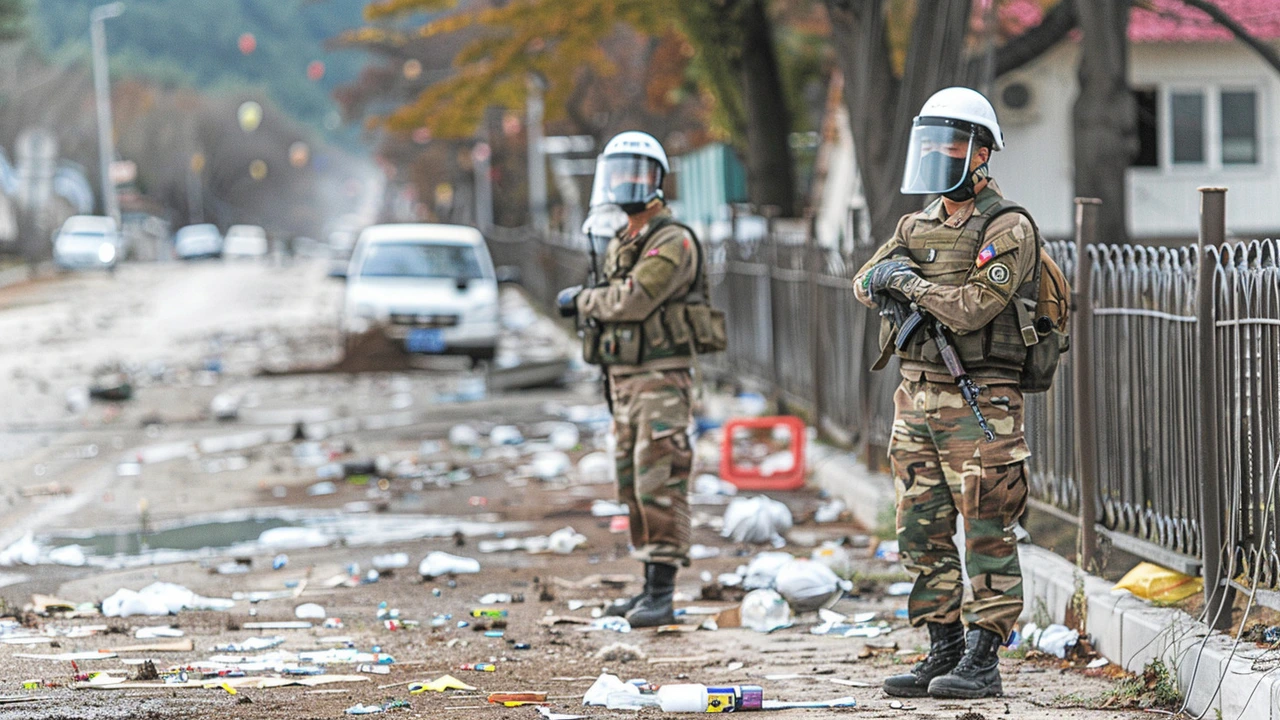Military Pact: What It Means and Why It Matters
A military pact can change regional security fast. One agreement can mean joint patrols, bases, weapons sales or even foreign troops on the ground. If you follow news about defense and geopolitics, knowing what a military pact really does helps you separate headlines from real impact.
What a military pact actually does
At its core, a military pact is a written promise between states about defence. Promises vary: some include collective defence clauses like NATO’s Article 5 — if one member is attacked, others respond. Others are looser: joint training, intelligence sharing, or support during peacekeeping missions. Some pacts grant basing rights or create command structures for joint operations. Watch the fine print: wording decides whether the pact is symbolic or binding.
Examples help. NATO ties members with a clear mutual-defence rule. The Warsaw Pact once grouped Soviet allies and dissolved after the Cold War. Today, groups like the Russia-led CSTO act as regional security pacts for their members. In Africa, regional bodies such as SADC and ECOWAS have defence protocols and rapid-reaction arrangements, while the African Union manages continental peace tools like the Peace and Security Council and plans for an African Standby Force.
How to read the news when a pact appears
Seen a headline about a new military pact? Ask three quick questions: 1) Who signed it — major power or regional states? 2) What commitments are spelled out — troops, funding, basing, or training? 3) Is there a legal mechanism to enforce it? If the pact names troop deployment or automatic responses, it’s serious. If it only mentions 'cooperation' or 'consultation', it may be more political than military.
Also check secondary moves: joint exercises, equipment transfers, or stationing of forces often follow a pact and show real intent. Pay attention to voting in regional bodies and national parliaments — ratification matters. And note outside reactions: neighbouring countries, key trade partners, or international organisations often react quickly to any shift in military ties.
What does this mean for Africa? A military pact can help deter cross-border attacks, back peacekeeping, or stabilise a fragile state. But it can also deepen competition if external powers expand influence through bases or arms deals. For citizens, the practical impact is about safety, budgets (defence spending rises), and political balance between states.
If you want reliable updates, follow official texts and independent analysis from trusted regional experts. Look for the pact’s legal language, budget lines, and timelines. That’s where promises turn into action — or fade into press statements.
Quick take: military pacts matter when they change forces on the ground or budgets in national parliaments. Everything else is often rhetoric. Keep those three questions in your pocket and you’ll read any pact headline with a clearer eye.

South Korea Halts Military Pact with North Korea Over Escalating Trash Balloon Dispute
Keabetswe Monyake Jun 3 15South Korea's National Security Council has decided to fully suspend the 2018 military agreement with North Korea. This response comes after Pyongyang launched hundreds of balloons filled with trash over the border. The suspension aims to address deteriorating trust and escalating tensions.
More Detail